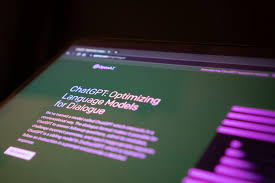
As people, especially youth, increasingly rely on online platforms like websites, instant messaging applications, social media platforms and GenAI, it is ever more urgent to introduce and systematically strengthen critical thinking and discernment skills. With this in mind, this week sees UNESCO’s annual Media and Information Literacy (MIL) forum – including a feature conference in Cartagena de Indias, Colombia on 23-24 October.
Today, our ability to distinguish between human content and AI-generated content is tested every day. Yet the ability to do so is not sufficient – and does not automatically lead to a more trustworthy or reliable information ecosystem. In the same vein, AI-generated content is not all false or manipulative.
The human-like characteristics of AI chatbots can lead to an uncritical acceptance of information or disclosure of personal information. Such uncritical acceptance results in the spread of misinformation, reinforcement of biases, diminished sense of agency, over-reliance on algorithmic authority, and increased susceptibility to manipulation or emotional influence, particularly when users engage with AI outputs as if they were human judgments.
The crucial element for everyday users is understanding the broader context; the processes that shape AI-generated content, as well as the intended use of such content. In this context, MIL ensures that individuals can critically assess AI-generated content, understand the implications of data-driven media, and be empowered to use AI tools ethically and engage critically in digital spaces.
